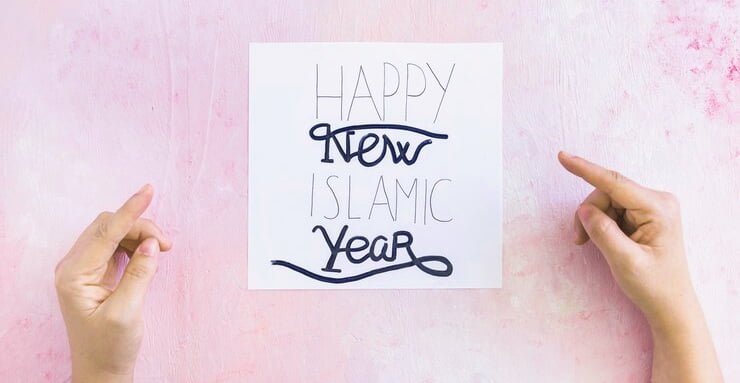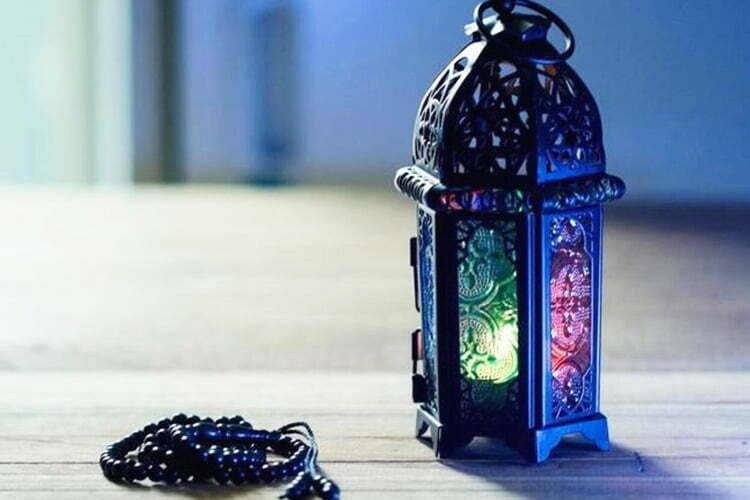The Islamic New Year, also known as Hijri New Year or Arabic New Year, holds great significance in the United Arab Emirates (UAE) and among Muslims worldwide. This article aims to explore the rich history of Islamic New Year and specifically trace its origins in the UAE.
The Ministry of Human Resources and Emiratization (MoHRE) has declared that all private sector workers in the UAE will have an official paid holiday on Friday, 21 July, 2023, in observance of Islamic New Year (1445H).
Whereas, the public sector employees in Sharjah were informed by the government on Thursday about the official date for their New Year holiday. As per the Department of Human Resource of the Sharjah Government, the Hijri New Year holiday will commence on Thursday, specifically July 20, 2023. They added, “The official working hours will resume on Monday, corresponding to July 24, 2023.”
The Origins of Islamic New Year
The New Year is based on the lunar calendar, which follows the cycles of the moon. It marks the migration of the Prophet Muhammad from Mecca to Medina in 622 AD, known as the Hijra. This event not only symbolizes a historical milestone but also signifies the birth of the Islamic community and the establishment of the first Islamic state.
The Importance of Islamic New Year in the UAE
The UAE, being a predominantly Muslim country, celebrates this New Year as a public holiday. It holds immense cultural and religious importance for the Emirati people and Muslims residing in the UAE. This day serves as a time for reflection, gratitude, and renewing one’s commitment to faith and community.

Traditions and Celebrations
Islamic New Year is typically observed with a range of customs and traditions. Muslims gather in mosques for special prayers and sermons, seeking blessings and guidance for the upcoming year. It is common for families and friends to come together, exchange greetings, and share meals, symbolizing unity and harmony.
The Islamic Calendar
The Hijri calendar, also known as the Islamic calendar, is a lunar calendar consisting of twelve months. The start of each month is established by the sighting of the new moon. The Islamic year is shorter than the Gregorian calendar year, with approximately 354 or 355 days. The transition from one year to the next occurs during the month of Muharram, which marks the start of the New Year.
Islamic New Year in the UAE
In the UAE, it is a time of reflection and remembrance. It is an occasion to honor the sacrifices made by early Muslims and to appreciate the teachings of Islam. The UAE government organizes various cultural and educational events, promoting a deeper understanding of Islamic history and traditions.
Conclusion
The Islamic New Year holds a special place in the hearts of Muslims, both in the UAE and around the world. It commemorates a significant event in history and serves as a reminder of the values and principles that unite the Muslim community. By tracing its origins in the UAE, we gain a deeper appreciation for the cultural heritage and traditions associated with this auspicious occasion.










Recent Comments